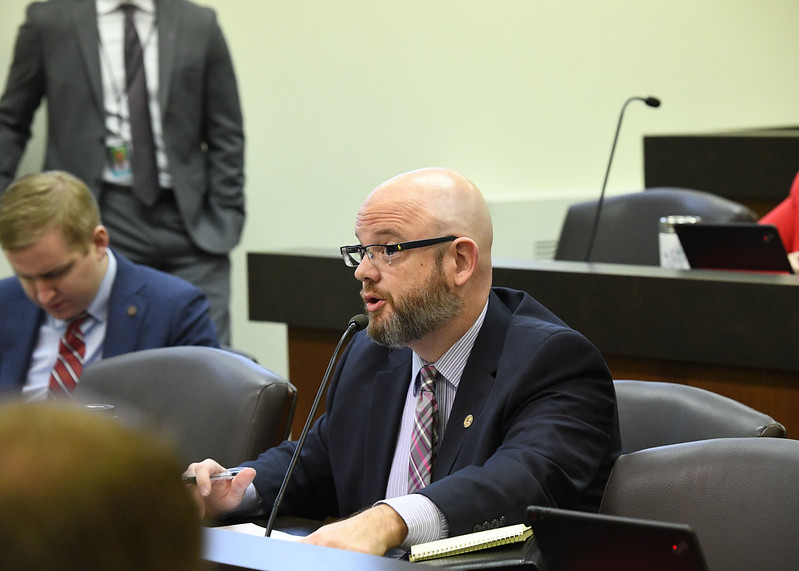The Illinois House Counties & Townships Committee voted unanimously on Friday to approve House Bill 162, bipartisan legislation introduced and sponsored by State Rep. Jeff Keicher (R-Sycamore) that would require most local taxing bodies in Illinois to review and report at least once every 10 years on ways in which they can save taxpayer money and improve efficiency by consolidating services. The bill currently has two Democratic co-sponsors and two Republican co-sponsors.
“Just like families do with their household budgets and job creators do with their business, our local taxing bodies should have to review their activities, processes and spending through broad buy-in and input. To seek to find ways to do more efficient work on behalf of the property taxpayer,” Rep. Keicher said. “This initiative would drastically improve public accountability on how local tax dollars are spent and make local units of government’s footprint right-sized and more efficient. For too long we have all heard about the excessive units of local government in Illinois. What we have done with this framework is allow a process for local units to evaluate if they should modify or consolidate or, in the case of a good government unit, validate their services to be most responsive to the local needs.”
House Bill 162 creates the “Decennial Committees on Local Government Consolidation & Efficiency Act”.
Under the provisions of the bill, each unit of local government (except schools, municipalities and counties) would be required to form a committee to study local efficiencies, including an analysis of whether to consolidate with another governmental unit, municipality, or county; and create a report with recommendations regarding efficiencies, increased accountability, and consolidation. The duties of the committee would include the study of the unit of local government’s governing statutes, ordinances, rules, procedures, powers, jurisdiction, shared services, intergovernmental agreements, and interrelationships with other units of local government and the State of Illinois. Each committee would be required to collect data, research, analysis, and public input; and be dissolved upon completion of its report and oral presentation of the report.
With Friday’s unanimous approval in the Counties & Townships Committee, House Bill 162 now advances to the House Floor where it awaits potential amendments and final passage by the full House of Representatives.
